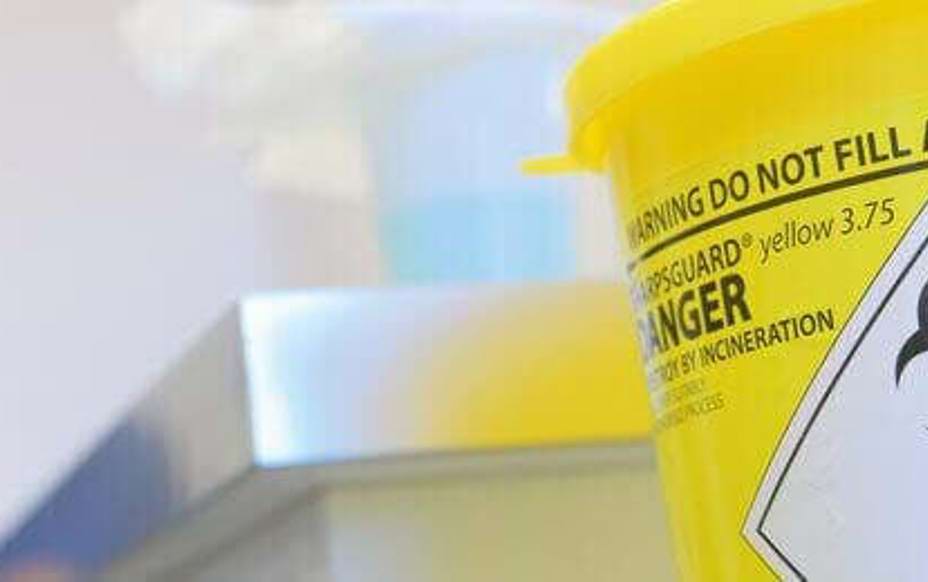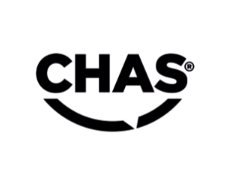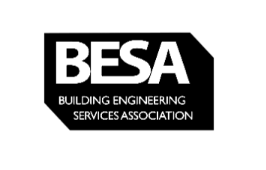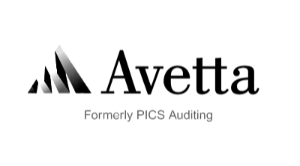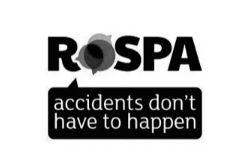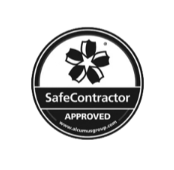Proper disposal of clinical waste is essential to maintain a safe and hygienic environment. Clinical waste comprises many different materials, from needles and sharps to dressings and cleaning supplies. These materials have the potential to cause contamination and spread disease, which is why it’s vital that all clinical waste is properly disposed of.
Learn more about the proper disposal of clinical waste and the measures you can take within your workplace.
Types of clinical waste
There are many types of clinical waste that you would find in a healthcare setting, including:
- Materials contaminated with bodily and blood (including bandages, bedding, etc.)
- ‘Sharps’ – items such as syringes, scalpels, lancets, etc.
- Pharmaceutical products including medication
- PPE
- Tissue from humans or animals
Clinical waste is categorised differently compared to other types of waste like plastics, hand towels and food waste. Clinical waste has its own procedures and waste disposal units to eliminate the waste, which differ from typical recycling or general waste process.
Why is proper disposal of clinical waste needed?
Clinical waste needs to be disposed of carefully for a number of reasons, including:
The risk of spreading disease
According to the World Health Organization, 15% of waste generated by healthcare activities is considered infectious, toxic or radioactive. By disposing of waste carefully, it’s possible to prevent the possibility of biological and chemical hazards being unintentionally released, which could have an impact on patients, workers and the general public.
Proper disposal of items such as sharps also helps to prevent injuries, as well as the many transmissible diseases that can happen as a result of mishandling clinical waste.
Increased costs from improper disposal
Improper disposal of chemical waste can lead to increased waste disposal costs. Currently, the NHS is dealing with higher volumes of clinical waste, but has also stated that clinical waste bags are also being used for general waste at a significant cost. Sending waste for heat recovery costs 45% more than it does to recycle, putting a drain on resources that could easily be avoided.
Sustainability and greener policies
Disposing of your clinical waste properly will help to improve your overall waste management. When you use the correct receptacles, you’re able to recycle your recyclable waste and dispose of other waste as directed.
The WNO states that the improper disposal of healthcare waste could contaminate water and the environment. With the right disposal methods actioned, this becomes less of a risk to the environment and to people and animals too.
It’s a legal requirement
There is specific guidance for healthcare employees to ensure the safe management and disposal of clinical waste. The Healthcare Technical Memorandum (HTM) 07 01 – Safe Management of Healthcare Waste details the need for healthcare workers to adhere to the duty of care practices that help protect the safety of individuals as well as workplaces.
The correct way to dispose of clinical waste
When the correct procedures are followed, clinical waste can be disposed of in a safe and effective way. There is a colour-coded system in place to make it easier for organisations to dispose of waste, helping to improve waste management procedures while also saving time and money.
|
Yellow Lid |
Waste that’s contaminated with blood or medicines, such as needles and syringes. |
|
Orange Lid |
Waste that’s contaminated with blood, such as dressings, gloves and wipes. |
|
Blue Lid |
Pharmaceutical waste, including unused or out-of-date medicines. This does not include cytotoxic and cytostatic waste that is related to hormone or chemotherapy treatments. |
|
Purple Lid |
Cytotoxic and cytostatic waste from hormone or chemotherapy treatments. |
|
Black and Yellow Bags |
Offensive but non-infectious waste such as nappies, that doesn’t contain medicines or pharmaceuticals. |
|
Red Lid |
Anatomical waste such as tissue. |
|
Black Bags |
General waste disposal. |
Using the correct coloured waste disposal system helps ensure that waste is disposed of using the proper measures, maintaining health and safety.
Essential clinical waste supplies from phs
phs supply everything you need to dispose of your clinical waste correctly. We understand the importance of maintaining a safe environment and adhering to legislation around proper clinical waste disposal. We not only provide the bags and containers needed to manage your waste, but we will also collect your waste at a frequency that meets your needs.
phs is one of the leading suppliers of healthcare hygiene products in the UK. We provide a complete waste solution that is legally compliant, with safety guaranteed thanks to our accredited staff. We can even improve your compliance procedures by ensuring you’re kept up to date on the latest guidance and regulations. With comprehensive clinical waste services, phs is a trusted supplier for your healthcare needs.
Find out more about our services by requesting a quote today. Our team will be happy to advise you on best practice and ensure you have the right waste management equipment for your organisation.





























